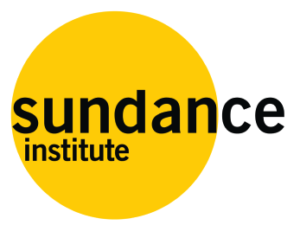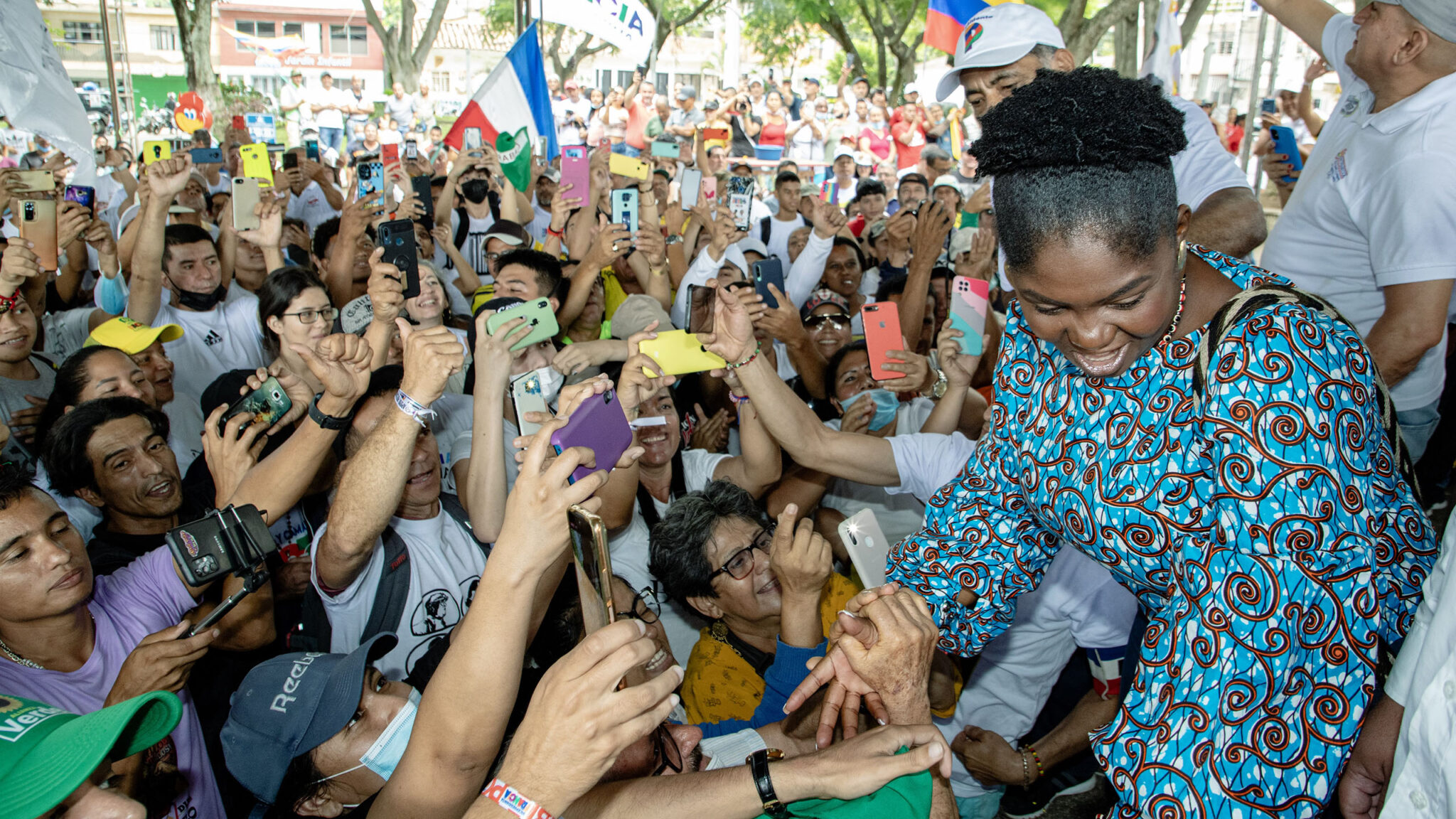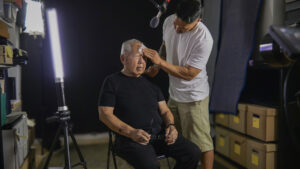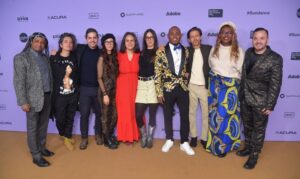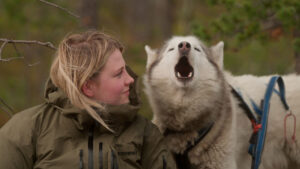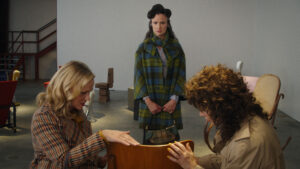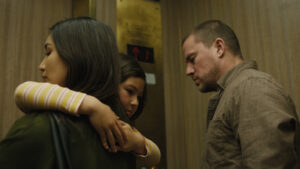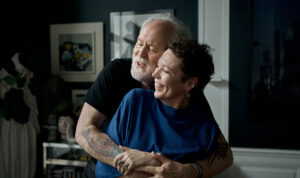One of the most exciting things about the Sundance Film Festival is having a front-row seat for the bright future of independent filmmaking. While we can learn a lot about the filmmakers from the 2025 Sundance Film Festival through the art that these storytellers share with us, there’s always more we can learn about them as people. We decided to get to the bottom of those artistic wells with our ongoing series: Give Me the Backstory!
When asked why Francia Márquez’s story needs to be told now, Juan Mejía Botero doesn’t mince words. “Today, it’s easy to feel hopeless and powerless,” says the documentarian. “Francia’s story is a story about the power of conviction — the movement she inspired reflects the power that comes when we allow ourselves to dream again. This story can plant a seed of light in a time of darkness.”
Botero’s latest film, Igualada: Refusing to Know Your Place, follows Márquez’s 2022 incredible presidential campaign in Colombia. Through exclusive access to the activist’s run for office and the treasure trove of footage from 2006 when Botero first met Marquez when she was a community organizer, Igualada is a film that captures the feeling of hope and inspiration that ran through her campaign focusing on social justice and environmentalism.
While Botero was already familiar with Márquez and her work, his connection with Sundance Institute helped make Igualada, which premiered in the World Cinema Documentary Competition category at the 2025 Sundance Film Festival, a reality. “We received a grant from the Sundance Institute that was crucial in helping launch the production of this film in 2021,” he recalls.
Below read more about the extraordinary story of Márquez’s campaign, what Botero learned during production, and more.
Tell us why and how you got into filmmaking?
I was going to get my Ph.D. in anthropology and, after a year, realized I didn’t want to just be in academia. I felt that the work there became quite insular. I loved anthropology, but wanted to find a way where it could reach more people — folks outside of academia. Documentary film provided that path and allowed for more artistic expression.
How do you want people to feel after they see your film?
I want people to feel indignant and inspired at the same time. Indignant at the injustice, the misogyny, the racism, the elitism that permeates the structures of power in Colombia, and inspired by Francia and the movement that decided they could take them on.
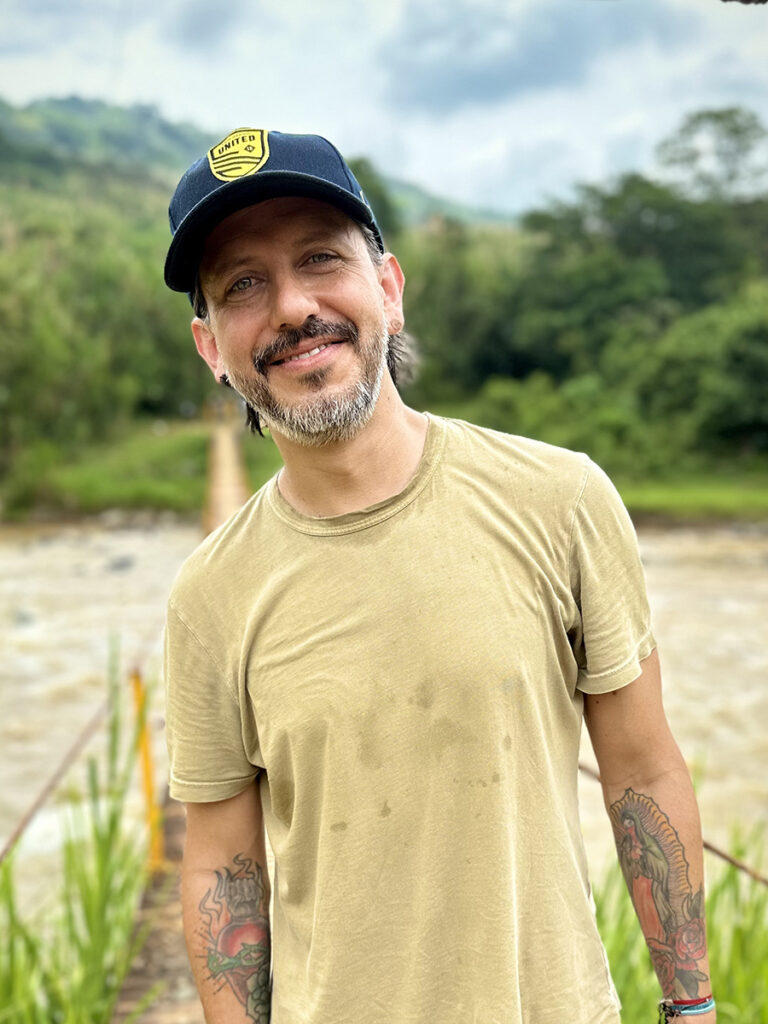
What was a big challenge you faced while making Igualada?
A political campaign is an insane thing to try to document; it is hectic, nonstop, and unpredictable. Now, a political campaign run by young [folks] with little political experience is even crazier. I think for our team the hardest thing was trying to keep up: to discern what was crucial and what wasn’t, to not burn out but also trying to not miss the key moments.
What was the biggest inspiration behind this film?
The biggest inspiration was Francia Márquez’s conviction and bravery in the face of danger and seemingly insurmountable odds.
Films are lasting artistic legacies, what do you want Igualada to say?
Even in the face of injustice and the entrenched institutions that support it, we have the power to dream of change and the will to make the impossible possible.
Describe who you want this film to reach?
As most filmmakers I’d love this film to reach as many people as possible. But I especially want the film to reach folks in marginalized communities who are looking for an inspiration.
Your favorite part of making Igualada? Memories from the process?
By far meeting so many young people willing to work their asses off for a more just country; young people willing to risk so much to change their country’s situation. I felt part of something big, meaningful, and truly inspirational.
What is something that all filmmakers should keep in mind in order to become better cinematic storytellers?
I tend to scoff at the idea that documentary films need to be objective and impartial. I think we become better storytellers when we abandon ideas of impartiality and replace them with complexity and nuance.
Why is filmmaking important to you? Why is it important to the world?
Personally, I think documentary film allows us to understand each other better. It also allows us to denounce the things we find unjust in the world in a way that’s complex and nuanced, and that hopefully can help bridge the gap between shedding light and taking action.
